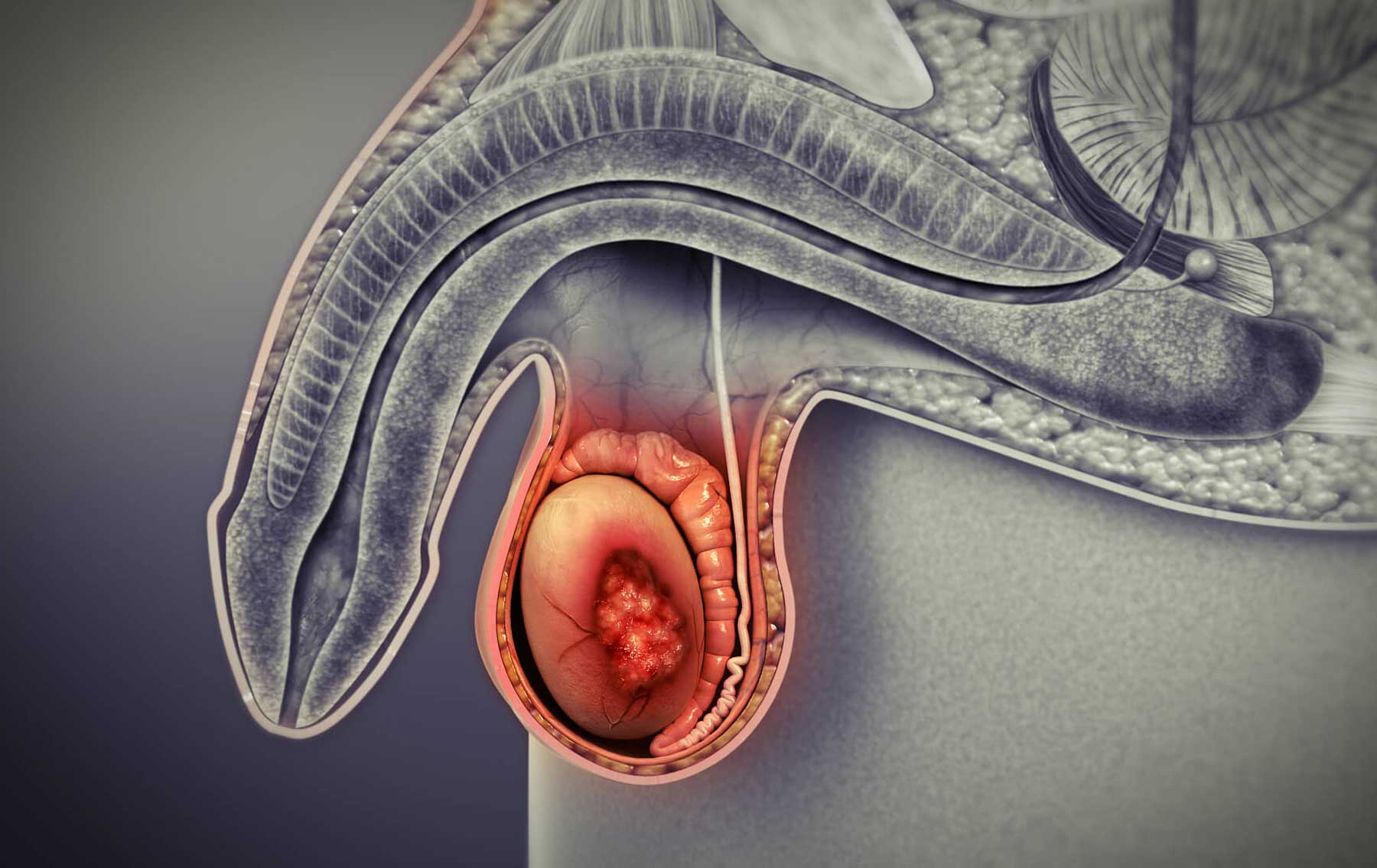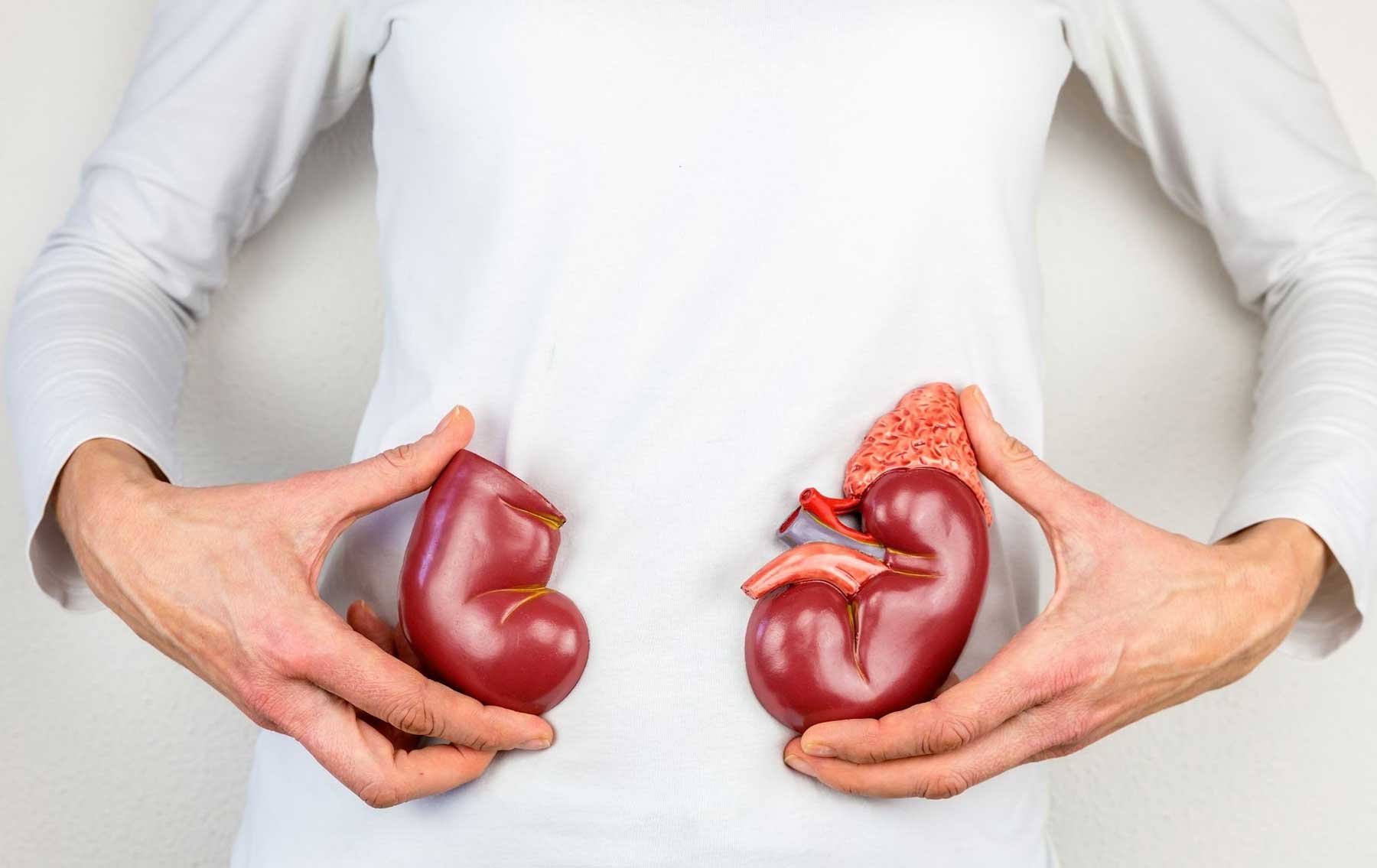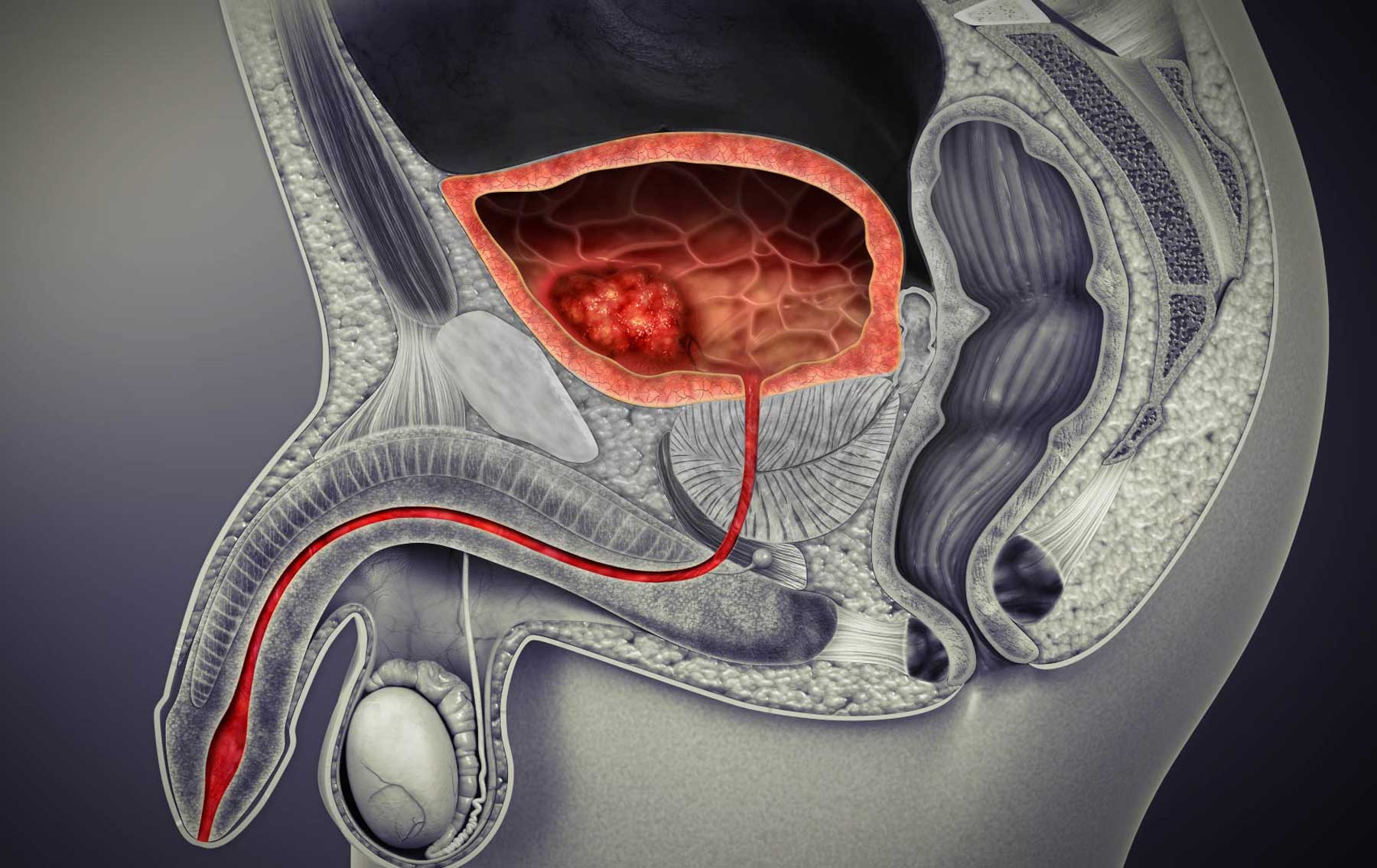Oncology is the study of cancer. An oncologist is a doctor who treats cancer and provides medical care for a person diagnosed with cancer. [↑]
Testicular Cancer
Testicular Cancer Testicular cancer is the uncontrolled growth of abnormal cells in one or both testicles (testes). The testicles are the male sex glands. They are located in the scrotum,…
Kidney Cancer (renal cancer)
kidney cancer (or renal cancer) Cancer is caused by malignant (cancerous) cells that grow and multiply without control. When cancer begins in the tissues of a kidney, it is called…
Bladder cancer
Bladder cancer This type of cancer occurs in the bladder — the organ that stores urine. The bladder has an inner lining surrounded by a layer of muscle. Bladder cancer…
Prostate Cancer
Prostate Cancer The prostate is a golf-ball-sized gland that sits between the bladder and the penis. It secretes fluid that nourishes and protects sperm. Most older men have some cancer…
Oncology is a branch of medicine that deals with the prevention, diagnosis, and treatment of cancer. A medical professional who practices oncology is an oncologist.[1] The name’s etymological origin is the Greek word ὄγκος (ónkos), meaning “tumor”, “volume” or “mass” and the word λόγος (logos), meaning “study”.[2]
Cancer survival has improved due to three main components including improved prevention efforts to reduce exposure to risk factors (e.g., tobacco smoking and alcohol consumption),[3] improved screening of several cancers (allowing for earlier diagnosis),[4] and improvements in treatment.[5][6]




